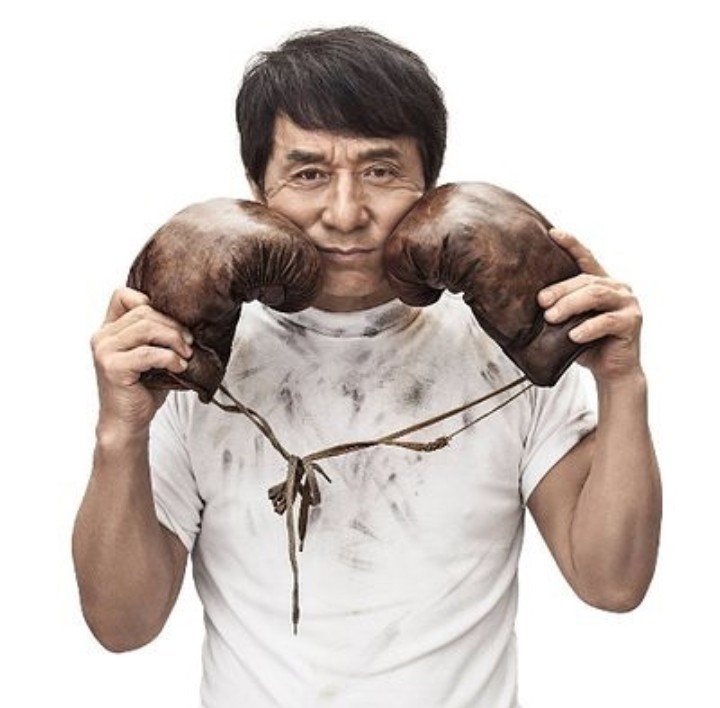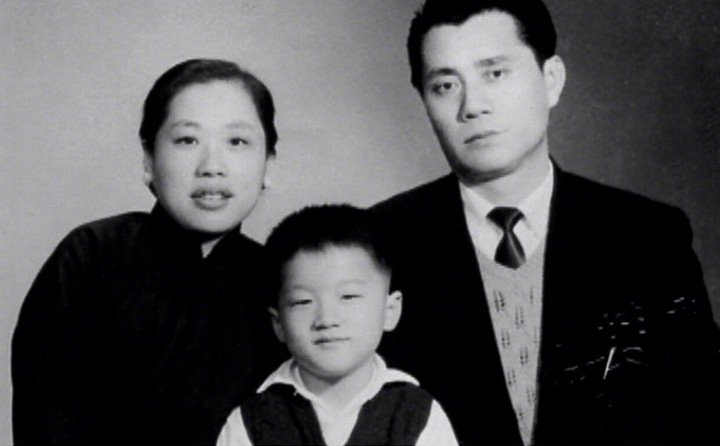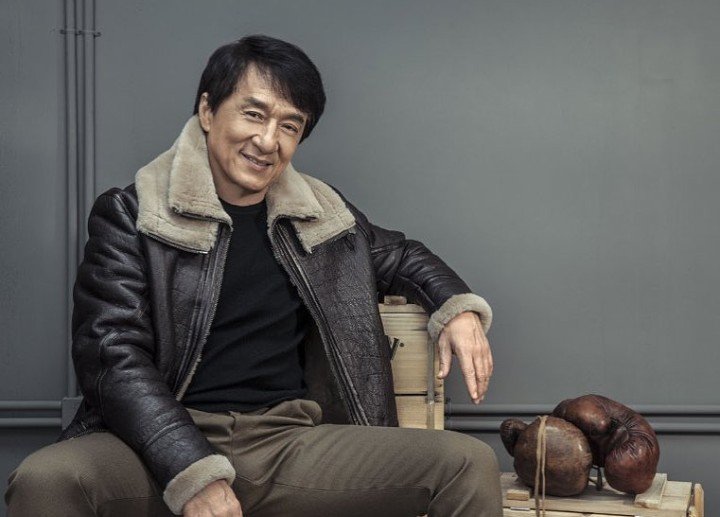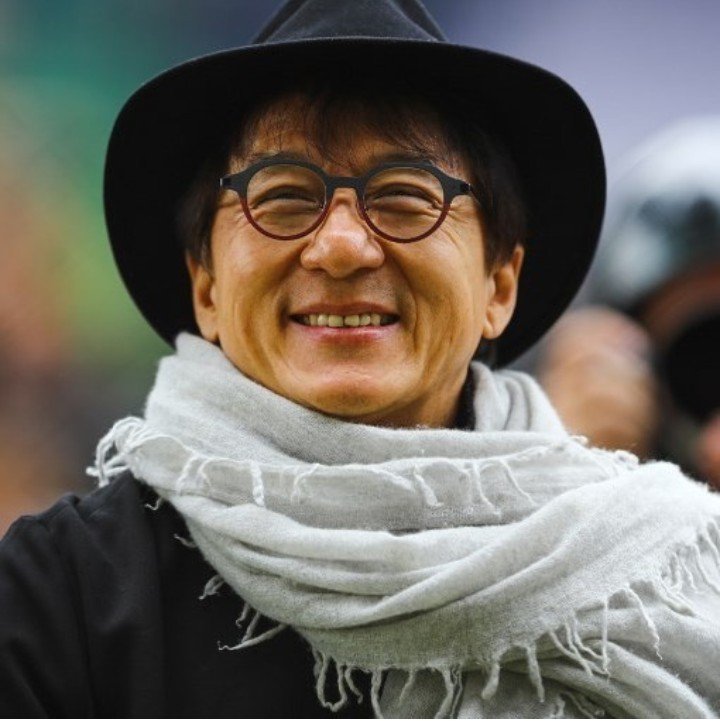
Jackie Chan , originally Chan Kong-sang , (born April 7, 1954, Hong Kong), Hong Kong-born Chinese stuntman, actor, and director whose perilous acrobatic stunts and engaging physical humour made him an action-film star in Asia and helped to bring kung fu movies into the mainstream of American cinema.!
Chan was born to impoverished parents in Hong Kong . The family moved to Canberra , Australia, when Chan was six, but the following year his parents sent him back to Hong Kong to attend a strict boarding school that trained students for jingxi. From ages 7 to 17 he studied acrobatics, singing, martial arts, and mime—skills that launched him into a position with a professional tumbling troupe and landed him bit roles as a child actor and, later, as a stuntman. The independent film producer Lo Wei, hoping to find a successor to the late
Bruce Lee , cast him in a series of lacklustre kung fu movies in 1976–78. Rather than ape Lee’s gritty persona, Chan utilized his own form of bumbling physical comedy in his first successful films, Snake in the Eagle’s Shadow (1978) and Drunken Master (1978).
Chan made his directorial debut in Young Master (1980), with the production company Golden Harvest, which he subsequently helped transform into Hong Kong’s largest movie conglomerate. In the early 1980s, at the time when he was making an unsuccessful foray into English-language cinema, he moved beyond traditional martial arts period movies to modern action-adventure films, such as
Project A (1983) and Police Story (1985), along with their sequels. The films showcased his directorial talent for fight and stunt choreography. His own stunts were often extraordinarily dangerous; he nearly perished from a fall in Armour of God (1986) that fractured his skull and impaired his hearing.
In the 1990s Chan finally broke through into the American market. He received the Lifetime Achievement Award from the cable network
MTV in 1995, and the following year his blockbuster Rumble in the Bronx (1995) was released in the United States, along with some of his other classic Hong Kong titles. Chan starred alongside American comedian Chris Tucker in Rush Hour (1998), which enjoyed a great deal of success and launched two sequels ( 2001 and 2007).
Chan continued to work both within the Hollywood system (though he disliked the limitations it placed on actors) and in Hong Kong cinema. In the United States he appeared in such films as Shanghai Noon (2000), The Tuxedo (2002), The Forbidden Kingdom (2008), and The Spy Next Door (2010). Chan starred in a remake of the 1984 action-drama The Karate Kid (2010) and later in the revenge thriller The Foreigner (2017). He did voice work in the computer-animated film Kung Fu Panda (2008) and its sequels (2011 and 2016); The Nut Job 2: Nutty by Nature (2017); and The LEGO Ninjago Movie (2017). His Chinese-language movies include Xin jing cha gu shi (2004; New Police Story ), Bo bui gai wak (2006; Baby ), and Xinhai geming (2011; 1911 ), a historical
drama in which he starred as Chinese revolutionary Huang Xing. In 2016 Chan became the first Chinese actor to receive an honorary Academy Award, which recognized his “distinctive international career.”
In addition to acting, Chan pursued a career in the Hong Kong music industry, releasing a number of original albums beginning in 1984. He founded the Jackie Chan Charitable Organization in 1998, which, among other projects, offers scholarships to Hong Kong youths, and he worked as a goodwill ambassador for UNICEF.
Hi! I am a robot. I just upvoted you! I found similar content that readers might be interested in:
https://www.britannica.com/biography/Jackie-Chan
Thanks
Congratulations @kingluiwhiz! You have completed the following achievement on the Steem blockchain and have been rewarded with new badge(s) :
You can view your badges on your Steem Board and compare to others on the Steem Ranking
If you no longer want to receive notifications, reply to this comment with the word
STOP